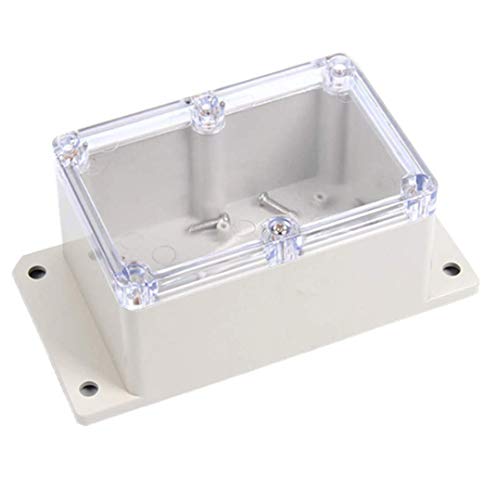King Arthur
Well-known member
- Joined
- Jun 22, 2019
- Messages
- 91
- Reaction score
- 27
Being from a (mainly) digital electronics background I've rarely encountered dangerously high voltages. Sure, I've used plently of mains-powered PSUs in my time but anything more than 24v dc (more often +/- 12V) was bordering on the exotic! So, while most of my work involved 'intrinsically safe' voltages, I know enough to know that high voltages are not to be treated lightly.
But what is 'low voltage' and 'high voltage'? While I'm sure that pro electrical engineers will have various definitions, I'm sticking to my 'low voltage' background and am going to say that anything more than 'low voltage' is high voltage, by definition.
OK, but what is the upper limit for 'low voltage'? I'm not sure about legal definitions but I've always though it was 48Vdc (or possibly 50Vdc). Anything below this was deemed safe enough not to require a whole raft of legal regulations etc etc.
But perhaps I'm wrong about this definition because I noticed that many Power-over-Ethernet (PoE) devices work at about 53/54 Vdc. For example, I recently bought a small PoE switch and noticed that it comes with a 53.5 Vdc PSU. It needs such a PSU because of the PoE standard and it means that any Ethernet connector or cable could have over 50 Vdc going through it. Given the design of RJ-45 sockets and RJ-45 patch cables, this means it's almost inevitable that people are going to come into contact with this voltage. Eventually.
Presumably the 'powers that be' think this is all perfectly safe, hence the PoE specs, but does this mean that the definition of 'low voltage' should be revised, or was I always wrong about the 48/50V definition? And if I was wrong, what IS the definition of 'low voltage'?
But what is 'low voltage' and 'high voltage'? While I'm sure that pro electrical engineers will have various definitions, I'm sticking to my 'low voltage' background and am going to say that anything more than 'low voltage' is high voltage, by definition.
OK, but what is the upper limit for 'low voltage'? I'm not sure about legal definitions but I've always though it was 48Vdc (or possibly 50Vdc). Anything below this was deemed safe enough not to require a whole raft of legal regulations etc etc.
But perhaps I'm wrong about this definition because I noticed that many Power-over-Ethernet (PoE) devices work at about 53/54 Vdc. For example, I recently bought a small PoE switch and noticed that it comes with a 53.5 Vdc PSU. It needs such a PSU because of the PoE standard and it means that any Ethernet connector or cable could have over 50 Vdc going through it. Given the design of RJ-45 sockets and RJ-45 patch cables, this means it's almost inevitable that people are going to come into contact with this voltage. Eventually.
Presumably the 'powers that be' think this is all perfectly safe, hence the PoE specs, but does this mean that the definition of 'low voltage' should be revised, or was I always wrong about the 48/50V definition? And if I was wrong, what IS the definition of 'low voltage'?































































